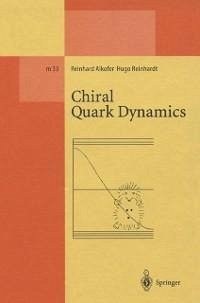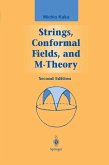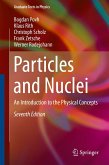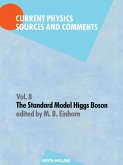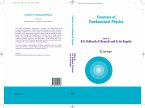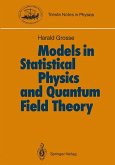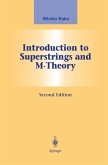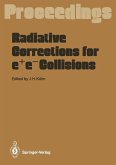These notes give an introduction to the description of hadrons, i.e., mesons and baryons, within a quark model based on a chirally invariant quantum field theory. Emphasis is put on a didactic approach intended for graduate students with some background on functional integral techniques. Starting from QCD a motivation of a specific form of the effective quark interaction is given. Functional integral bosonization leads to a theory describing successfully meson properties. It possesses solitonic solutions which are identified as baryons. Via functional integral techniques a Faddeev equation for baryons describing them as bound states of a diquark and a quark is derived. Finally, a unification of these two complementary pictures of baryons is proposed.
Dieser Download kann aus rechtlichen Gründen nur mit Rechnungsadresse in A, B, BG, CY, CZ, D, DK, EW, E, FIN, F, GR, HR, H, IRL, I, LT, L, LR, M, NL, PL, P, R, S, SLO, SK ausgeliefert werden.

